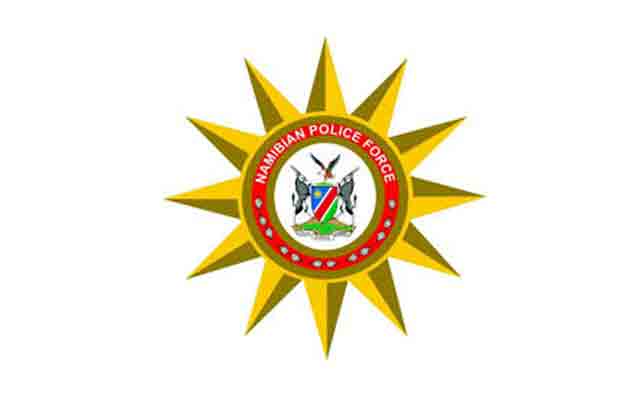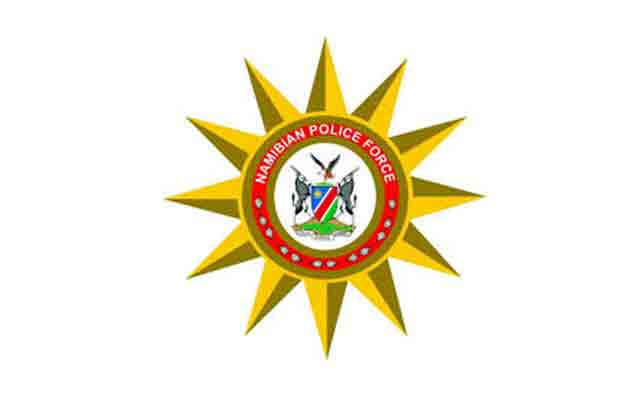T he financial meltdown that started on Wall Street is now hurting farmers in Siberia, threatening a Russian agricultural revival that the UN said was needed to help avert an international food shortage.
Cash-strapped banks have cut funding to an industry already reeling from plummeting grain prices and soaring borrowing costs. The collapse of the stock market has closed off the other main money source for Russian agricultural companies, which produce 9 per cent of the world’s wheat.Arkady Zlochevsky, the president of the Russian Grain Union, said: “Russian farmers may need to repay as much as $10 billion (N$91,2 billion) of loans by the end of the year.Many farmers will not be able to borrow money for the spring sowing.”Russian growers are putting on hold billions of dollars of expansion into vast swathes of Siberia, suggesting the harvest will weaken after this year, the best since the collapse of the Soviet Union in 1991.The UN Food and Agriculture Organisation had estimated in March that Russia could double grain production by 2016.Loan rates for farmers had jumped by half, in some cases to more than 20 per cent in the past few months, Zlochevsky reported in an interview in Moscow.At least seven companies have abandoned planned share sales as the benchmark Micex index in Moscow has lost more than half its value since August.Alexei Gordeyev, the agriculture minister, said last week: “We are getting information from the regions, from companies, from unions and associations about the lending difficulties in agriculture.And we are talking not only about supporting investment projects, but also loans for working capital, which is especially worrying.”Russia has about 20 million hectares of unused arable land.The area is the size of England and Wales, and equal to 40 per cent of all current farmland in the country.Siberia accounts for a fifth of all Russian farmland and has reclaimed into cultivation more land lying fallow than anywhere else in the country this year.Charles Riemenschneider, the director of the UN Food and Agriculture Organisation’s investment centre, said that agriculture in Russia “could make a real difference on the world markets”.Russian President Dmitry Medvedev announced $36 billion in new emergency funding for banks to help revive the credit market, including about $1 billion for the Russian Agricultural Bank, which is run by the government.That boosts the amount of pledged assistance to the farming industry through 2012 to about $28 billion.Russia will produce about 102 million tons of grain this year.That is 25 per cent more than last year and double what the country produced in 1998, when the government defaulted on about $40 billion in domestic debt and devalued the rouble, wiping out the life savings of most of the country’s population overnight.”The global financial crisis is driving prices lower, and export opportunities are waning,” Zlochevsky said.”As a result, Russian prices are going down, destroying incentives for producers to increase output.”- Sapa-APThe collapse of the stock market has closed off the other main money source for Russian agricultural companies, which produce 9 per cent of the world’s wheat.Arkady Zlochevsky, the president of the Russian Grain Union, said: “Russian farmers may need to repay as much as $10 billion (N$91,2 billion) of loans by the end of the year.Many farmers will not be able to borrow money for the spring sowing.”Russian growers are putting on hold billions of dollars of expansion into vast swathes of Siberia, suggesting the harvest will weaken after this year, the best since the collapse of the Soviet Union in 1991.The UN Food and Agriculture Organisation had estimated in March that Russia could double grain production by 2016.Loan rates for farmers had jumped by half, in some cases to more than 20 per cent in the past few months, Zlochevsky reported in an interview in Moscow.At least seven companies have abandoned planned share sales as the benchmark Micex index in Moscow has lost more than half its value since August.Alexei Gordeyev, the agriculture minister, said last week: “We are getting information from the regions, from companies, from unions and associations about the lending difficulties in agriculture.And we are talking not only about supporting investment projects, but also loans for working capital, which is especially worrying.”Russia has about 20 million hectares of unused arable land.The area is the size of England and Wales, and equal to 40 per cent of all current farmland in the country.Siberia accounts for a fifth of all Russian farmland and has reclaimed into cultivation more land lying fallow than anywhere else in the country this year.Charles Riemenschneider, the director of the UN Food and Agriculture Organisation’s investment centre, said that agriculture in Russia “could make a real difference on the world markets”.Russian President Dmitry Medvedev announced $36 billion in new emergency funding for banks to help revive the credit market, including about $1 billion for the Russian Agricultural Bank, which is run by the government.That boosts the amount of pledged assistance to the farming industry through 2012 to about $28 billion.Russia will produce about 102 million tons of grain this year.That is 25 per cent more than last year and double what the country produced in 1998, when the government defaulted on about $40 billion in domestic debt and devalued the rouble, wiping out the life savings of most of the country’s population overnight.”The global financial crisis is driving prices lower, and export opportunities are waning,” Zlochevsky said.”As a result, Russian prices are going down, destroying incentives for producers to increase output.”- Sapa-AP
Stay informed with The Namibian – your source for credible journalism. Get in-depth reporting and opinions for
only N$85 a month. Invest in journalism, invest in democracy –
Subscribe Now!






